“I’m a 40-year-old woman and have been vegan for a while. However, recently I’ve really missed eating fish. I still want to retain a predominantly vegan plan, but I think being slightly pescatarian might suit me although I am conflicted as to which fish I should eat, and also about sustainability. Can you advise?”
Clinical nutritionist Suzie Sawyer answers:
Many of us are working towards finding a balance between eating healthily, being mindful of environmental issues and also sustainability.
Mackerel
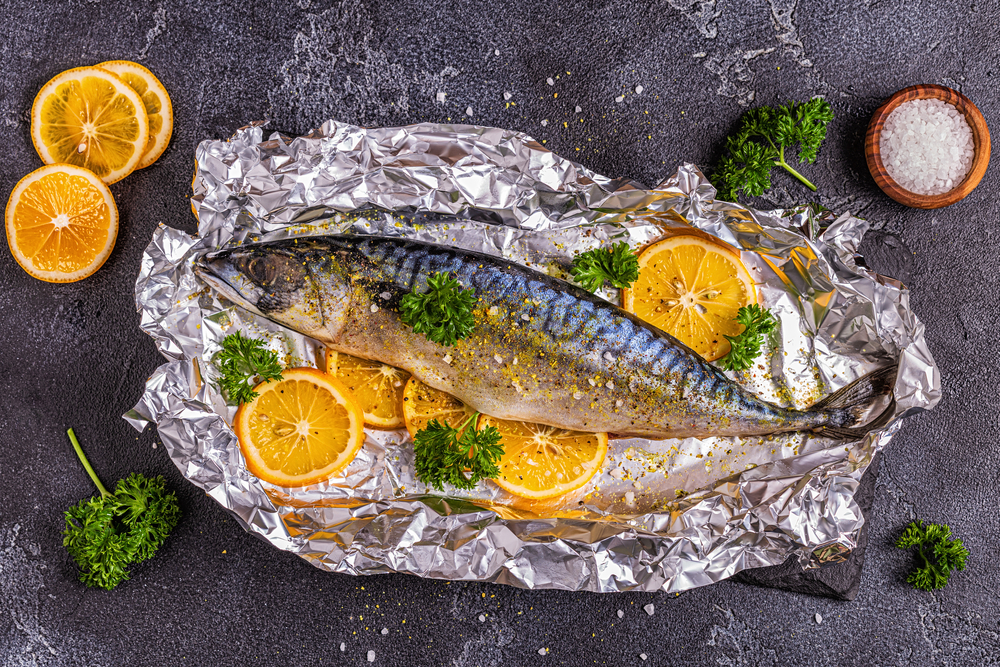
One of the best fish to eat is mackerel. They are highly rated as sustainable on the Marine Conservation Society guide and importantly, are packed with the essential omega-3 fatty acids. Even better, mackerel is sourced off the UK coastlines.
Not all fish are created equal in terms of health benefits, and fish containing these essential fats (essential because the body can’t make them), really pack a punch. They are great for hormone function, the heart, brain, eyes, skin and joints. Government guidelines recommend we eat one to two portions of oily fish per week.
Pacific red salmon
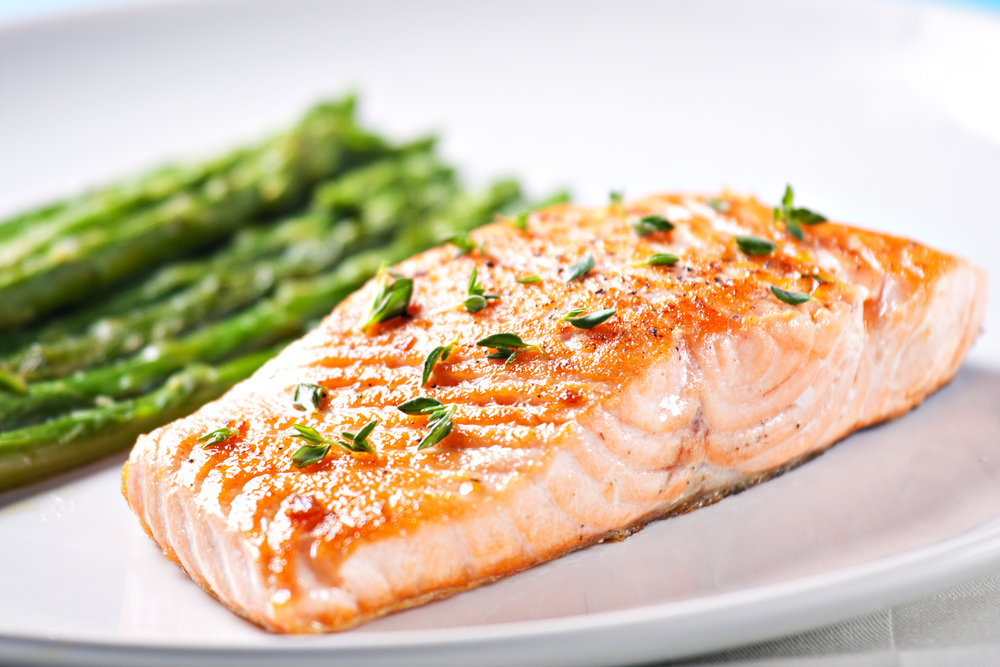
Salmon also delivers these health benefits but try to avoid the wild Alaskan salmon which are struggling in the wild. However, tinned pink or red wild salmon are not bad choices and make a great lunchtime meal option.
Hake
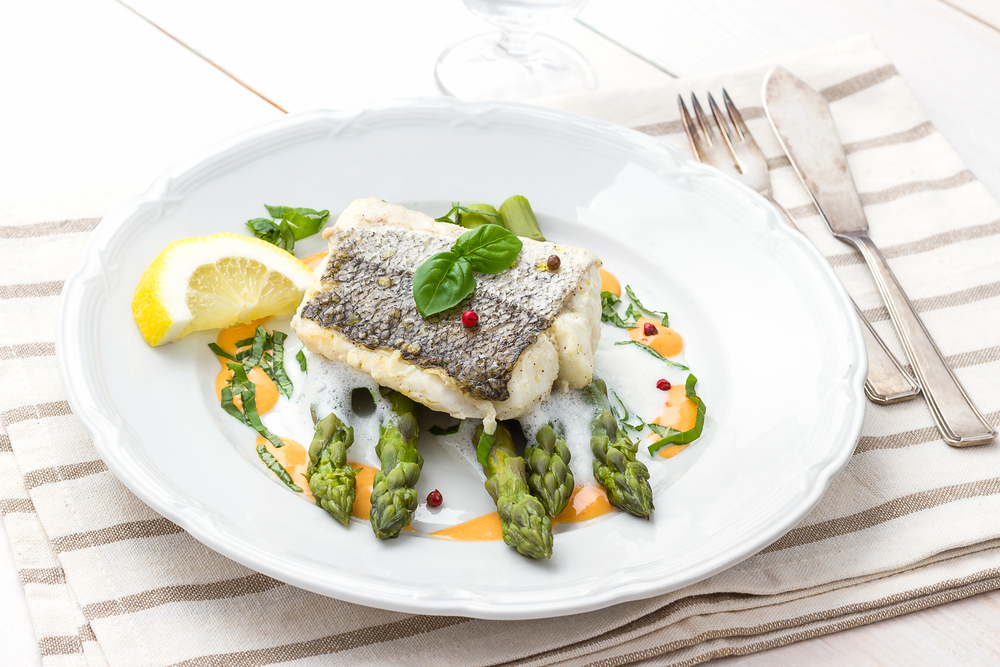
In terms of white fish, hake is a great choice and is more sustainable than cod, haddock and pollock. It’s quite a ‘meaty’ fish and is great fried with spices or with tomato-based sauces. It’s also great in fish and chips! That aside, while white fish does not contain the essential omegas, it’s still an excellent source of low-fat protein so can provide a great balance with your plant-based protein sources.
Tuna
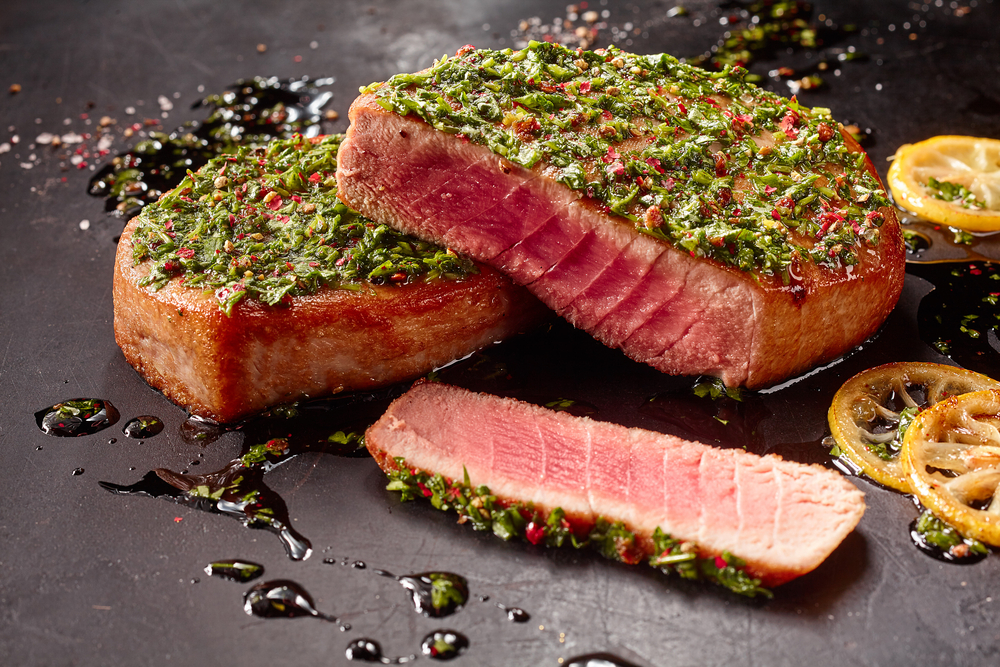
Tuna sometimes gets a bad press because it contains mercury, which of course is toxic to the body. However, Albacore tuna caught in Canadian or Pacific waters don’t appear to be affected, partly because it’s caught younger and smaller. Albacore tuna is delicious lightly griddled or used in a salad nicoise.
Farmed vs wild fish
Lastly, there is always a big question around farmed or wild-caught fish, and which is better for the environment and for our health. Farmed fish certainly protects the wild population and is potentially kinder to the species. However, they are more exposed to pollution and disease than fish living in open waters. So, as you can see, balance is essential. My advice is to include some fish in your diet maybe once or twice a week and mix it from all sources.

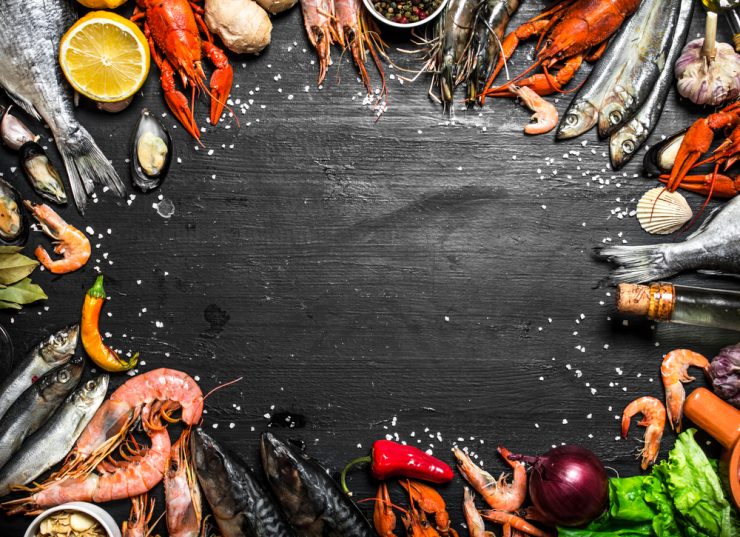













Add comment